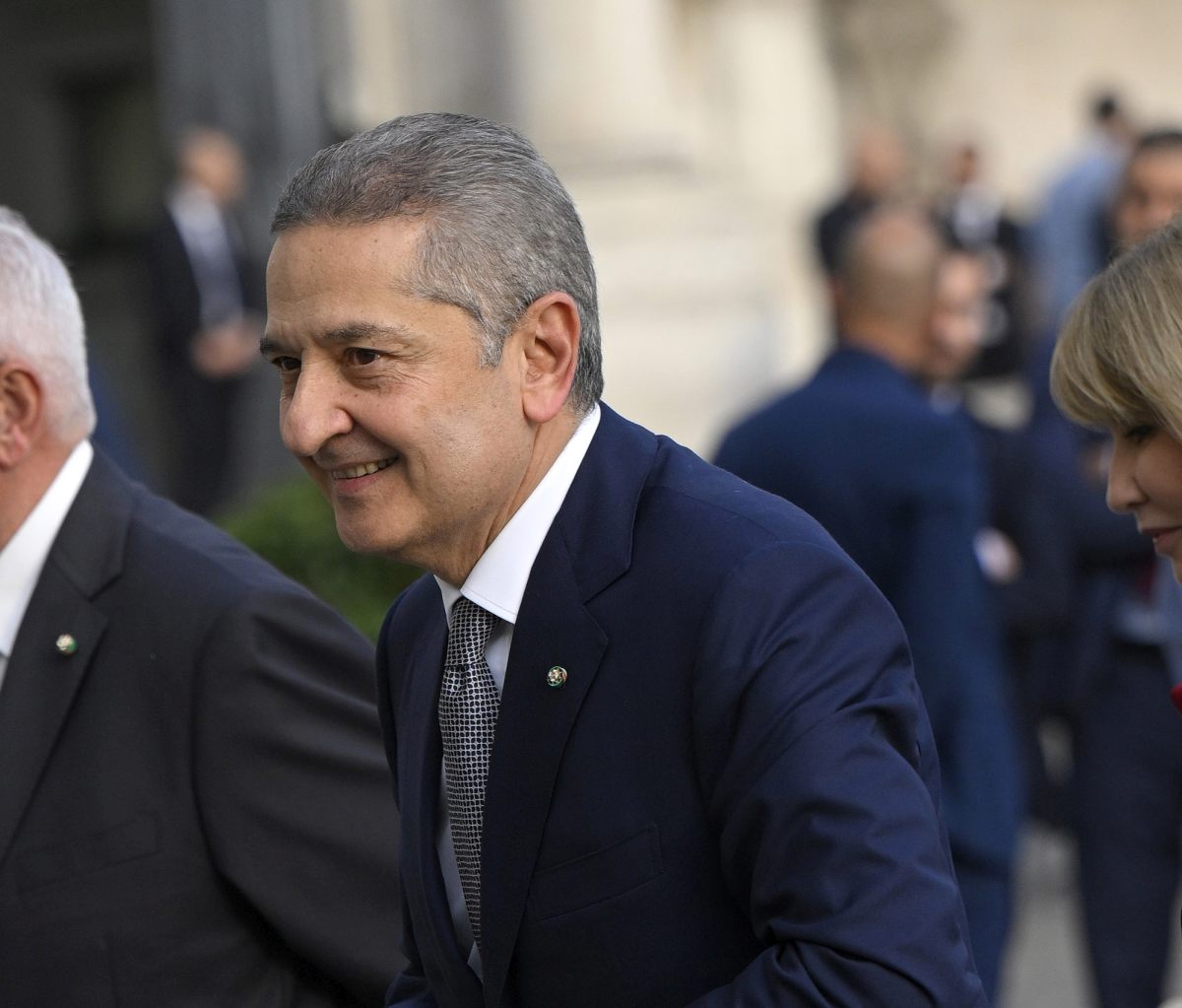ROME (ITALPRESS) – “The monetary tightening implemented by the ECB has helped to reduce inflation as quickly as the previous hike: price dynamics are now around 2 percent for the first time since 2021. As a result, the ECB has been able to cut the key policy rate at three consecutive meetings since June. However, monetary conditions remain tight, requiring further reductions.” So said Bank of Italy Governor Fabio Panetta at the 100th World Savings Day organized by Acri. “As inflation returns, attention must be paid to the sluggishness of the real economy: in the absence of a sustained recovery, there would be a risk of pushing inflation well below target. This is a situation that monetary policy would struggle to counter and should be avoided,” he points out. “In this century, the Italian economy has gone through difficult phases,” Panetta stresses. “Between 2000 and 2019, real GDP per capita fell slightly, compared with a 25 percent increase in other European countries, which were also losing ground to the United States. I have dwelt in previous speeches on this disappointing trend and its causes: low innovative capacity and few investments, a fragmented production system oriented toward traditional sectors, the shortcomings of public administration and infrastructure, and low labor market participation. High public debt amplifies these weaknesses, exposing the economy to the vagaries of markets and limiting our ability to respond effectively to adverse circumstances. Interest spending absorbs substantial resources, which we could use to finance education, infrastructure, health care. “In recent years, the Italian economy has shown encouraging signs of improvement. After the crisis of the last decade, the production system went through a deep, and painful, restructuring process. Enterprises have emerged strengthened. These are changes that help explain the Italian economy’s responsiveness to recent shocks,” Bankitalia’s governor stressed. “As of the end of 2019, our GDP has grown by 5.5 percent, compared to France’s 4.1 and Germany’s 0.2. The global economy is now going through a phase of uncertainty and weakness. According to the International Monetary Fund, world GDP in 2025 will grow just over 3 percent, less than the average of past decades. The euro area economy remains sluggish; still high real interest rates and the waning of the fiscal stimulus of past years weigh heavily. The Italian economy is feeling the effects. But it is the longer-term trends that are worrying: conflicts, fragmentation of global trade, divisions into opposing blocs of countries, a Europe that is suffering from demographic decline, lagging behind and losing influence in international relations,” he adds.
– Photo Agency Photogram –
(ITALPRESS).

